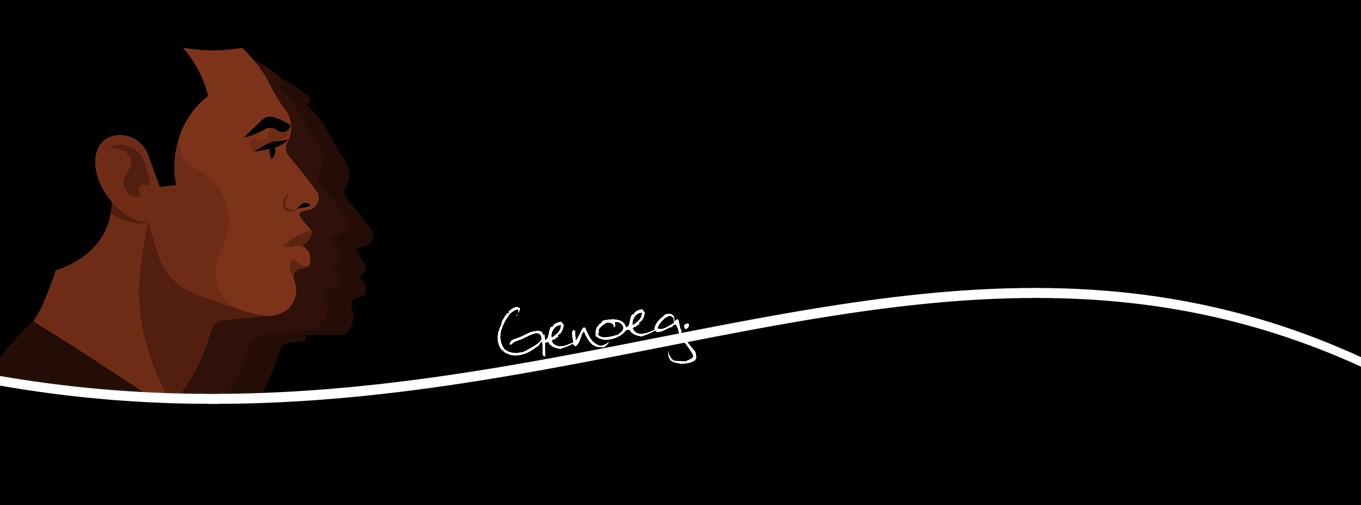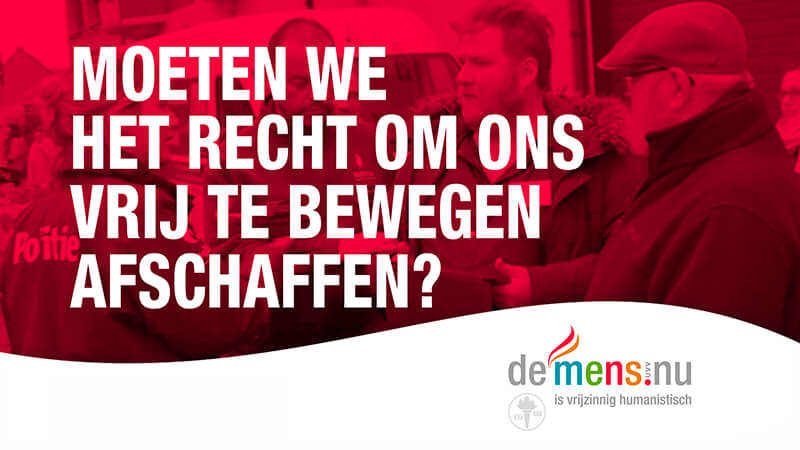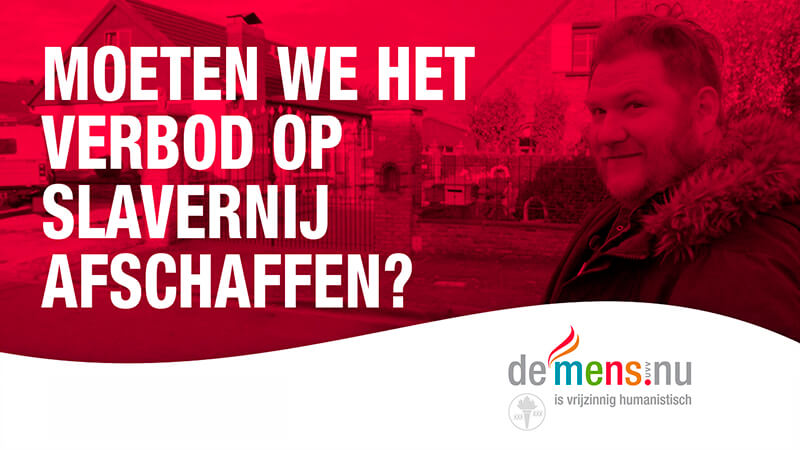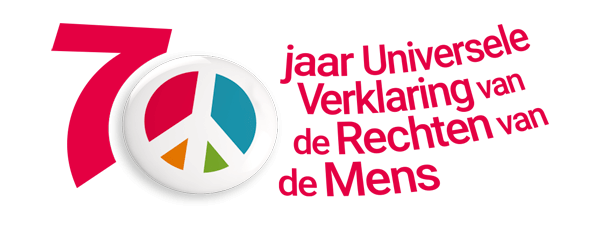
DeMens.nu roept mensenrechtenorganisaties op tot actie in de V.S.
De dood van George Floyd maakt veel los in de Amerikaanse samenleving, ook bij ons. In 1969 introduceerde de Noorse socioloog Johan Galtung de term Structureel Geweld. Daarbij doelde hij niet op de daad van geweld an sich, wel op de structuren die mensen beletten in het voldoen van hun basisbehoeften. Het geweld dat afro-Amerikanen ervaren gaat veel verder dan de moord op George. Het zit ook in de economische segregatie die hen volwaardige toegang tot kwaliteitsvolle gezondheidszorg of gedegen onderwijs ontzegt. De Jim Crow-wetten zijn inmiddels verleden tijd, maar hun erfenis waart duidelijk nog rond in de Amerikaanse beleidsvoering.
Via onderstaande Call to Action roept deMens.nu mensenrechtenorganisaties op zich te scharen achter de oproep van de manifestanten. Onze eisen zijn duidelijk. We kennen ze immers nog van de Arabische lente in 2011: meer democratie en economische rechtvaardigheid.
—
Call to action: the United States must do more to protect and respect the fundamental rights of ALL its citizens.
“The only stable state is the one in which all are equal before the law.”
-Aristotle
We are writing to you to express our concerns regarding the political and social climate within the United States. The death of George Floyd has sparked a wave of protests across the United States of America, calling for an end to the violence against the African American community. Whilst the protests clearly circulate strongly around the police brutality that has led to the death of mr. Floyd, the movement clearly wishes to address much larger issues within the U.S. Public protests are a part of any healthy democracy and they are the result of citizens exercising their fundamental right to Freedom of Assembly. However, the government’s reaction to these protests is cause for great concern as it has casually ignored many of the rights and checks & balances which constitute to a healthy democracy. This alarms us greatly as we believe these actions may be the precursor to larger human rights violations.
By writing you this letter, we wish to mobilize the international community in the same way the United States itself often did. This time however, it is to protect the fundamental rights of American citizens, many of whom are now protesting the government.
The events running up to the current mass demonstrations.
Communities have faced a range of hardships leading up to the current crisis. Its economically most vulnerable have seen hardly any recovery after the crisis of 2008 and while job-availability has been on the rise, labor conditions have continued to deteriorate. Many are stuck working in the same jobs as before, are paid less and forced to work in increasingly unsafe environments. Poverty is on the rise, with civil discontent following suit. The current rhetoric of the administration exacerbates to that sentiment when it claims the U.S. has never been wealthier. Of that wealth, they have seen little.
Stagnation in social mobility is in part the result of the economic stagnation many communities within the U.S. experience yet it is evident that this is not the sole cause. Racial profiling, discrimination of belief groups and neglect of the country’s education and health systems all lie at the cause. The fact that the case of George Floyd is only the most recent deadly event in a long string of attacks against the black community shows the United States is facing a structural problem which has led to the death of many of its own citizens.
These communities are vulnerable and were barely recovering before the Coronavirus struck the United States. Once it did, it seems wholly inadequate to call it the straw that broke the camel’s back. In the country with more fatalities than any other country in the world, the African American community (and other minorities with similar vulnerabilities) was hit especially hard. Atrocities normally require willful intent on a large scale, however in the eyes of its own citizens years-long neglect of its own public health services has produced the same result: the deaths of thousands. Simultaneously, reports were spread widely about police officers brutally enforcing lockdown measures in largely black or Hispanic residential areas, whilst its own president preached leniency towards other white protesters who had armed themselves, occupied public buildings and willfully jeopardized the health and safety of the general public. It is especially alarming that the evident socio-economic fault lines in contemporary American society correspond with differences in culture, belief systems and ethnicity. It is what the Norwegian sociologist Johan Galtung refers to as Structural Violence, a form of self-sabotage where so much human potential is lost due to inaction.
(Possibilities in) response.
Under normal circumstances, citizens are able to express their unrest to the relevant layers of government. Some might even argue that civil unrest in one way or another is essential in maintaining a healthy democracy. However, this implies that the needs of the general public are translated into political goals which in turn are developed as public policies. In recent years, we have seen the gradual dismantling of the very checks & balances which guarantee fair representation. Through a series of measures, the fundamental right of voting has been denied to large portions of the population either by imposing a loss of the right to vote as a criminal sanction or because the threshold for voting was too high. Voting stations are sometimes inaccessible, replacement procedures such as voting per mail are openly dissuaded by elected officials and electoral campaigns have been more about misinformation and demotivating competitors to turn out than anything else. In the cases where voting is both accessible and possible, chances for fair representation are limited further through the practice of gerrymandering. This all means that democratic participation in its most basic way -voting- has been severely limited over the years.
Citizens could try to seek justice through the court system. But that assumes that people have the means to do so and will find themselves in front of a judge who does not overtly rule over their cases through the lens of their own political beliefs. Furthermore, the increased application of the Unitary Executive Theory results in large discretionary powers being allotted to the office of the presidency.
In short, many U.S. citizens have been deprived of the fundamental principle that everyone is equal before the law. Not only do they experience difficulties in making their voices heard. It is evident that certain political factions have entrenched themselves in power by willfully eroding away the right to vote. All these frustrations have been bubbling under the surface for years now.
So what happens when people are not allowed or able to vote? They find other ways of speaking up. They come together and protest, as is their right. Keeping the practices of social distancing in mind, elected officials should be particularly attentive to what lives in their communities. Despite the massive death toll due to the Coronavirus, people are still not deterred and have rallied in massive numbers. When people start to deprioritize their immediate sense of self-preservation to protest a more structural injustice, it is a telling tale of how far they are willing to go to see this through. Indignation is an understatement.
With the death of George Floyd, the chasm between citizens and their government has grown even wider and it is not just in the interest but also the duty of a government to bridge that chasm. Not to make it worse. And yet the U.S. government has done exactly that. It responded to protests against police brutality with more police brutality. Its highest elected official, the president of the United States, has resorted to the same strongman politics he himself condemned when Iranian activists demanded the same kind of rights and respect from their government. He has threatened to deploy the military against his own people and said in no uncertain terms that he would not hesitate using lethal force against his own people.
So far, we have been lucky. The protesters have shown an admirable amount of discipline and employed restraint where they received none. But how long will this last? This is not just about George Floyd. It is not even just about the dozens of innocent African Americans that died over the years due to police brutality. It is about the fundamental flaw in American society in which it is unacceptable to provide its own citizens with basic health care but completely acceptable to deploy military-grade equipment worth hundreds of thousands of dollars against its own people, and at a moment’s notice.
The American government is making all the same mistakes Arab leaders made in the wake of the Arab Spring. Journalists have been intentionally targeted, due process has been flat-out ignored, violence has been applied as the norm in crowd control. No willingness to debate or change has been demonstrated. People have had enough and this concerns us greatly.
The United States is one of the most powerful countries in the world. It has positioned itself as a champion for human rights and has successfully advanced the cause of many. However, it must not forget about its own citizens and lead by example.
We hope that your organization will join us in our call to the United States government, to apply the very principles it promoted around the world to its own citizens.






